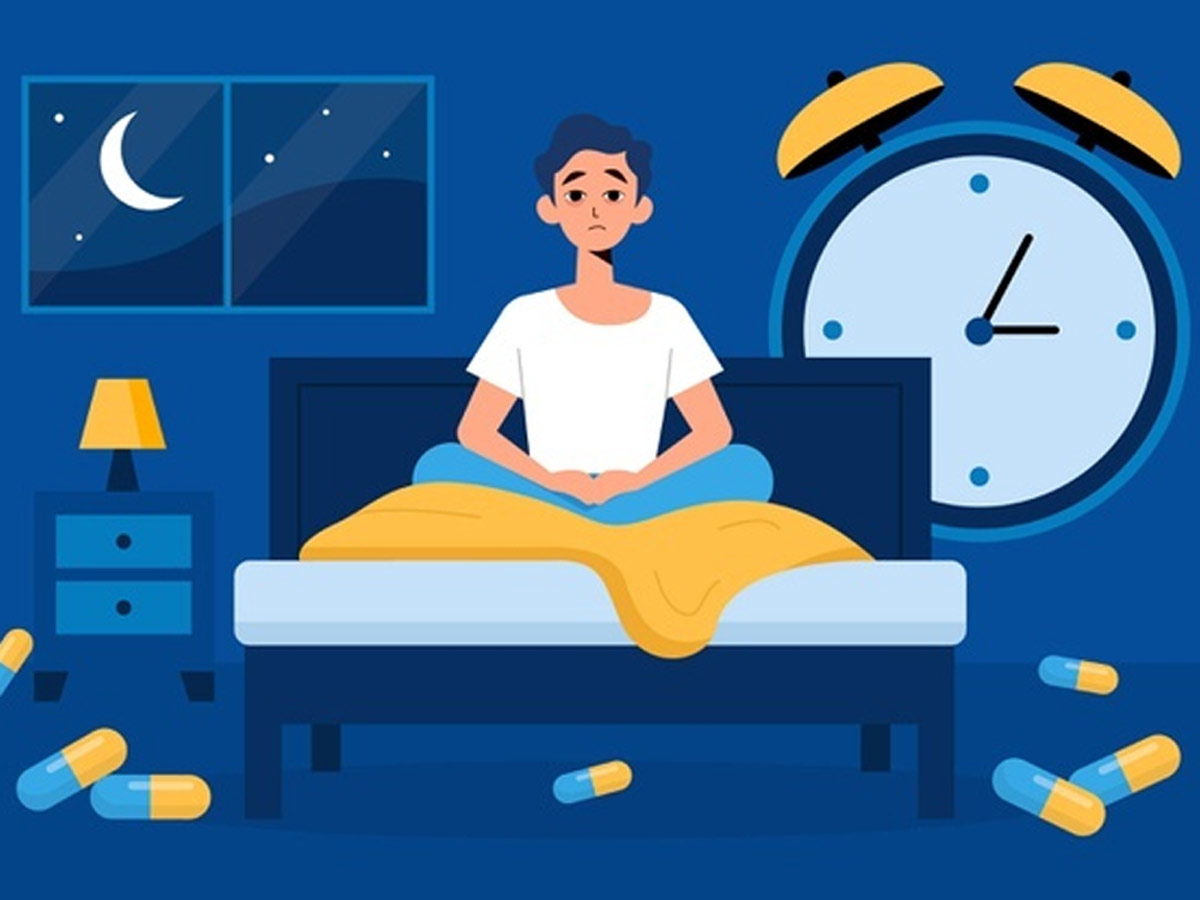

Sleep, Often Overlooked as a Mere Biological Function, Is a Cornerstone of Overall Health and Well-Being. It's During Slumber That Our Bodies Repair, Rejuvenate, and Consolidate Memories. Yet, Millions Grapple with Sleep Problems, Disrupting Their Lives and Impacting Their Physical and Mental Health.
Sleep Problems Encompass a Wide Spectrum of Disorders, from Insomnia, Characterized by Difficulty Falling or Staying Asleep, to Sleep Apnea, Where Breathing Repeatedly Stops and Starts During Sleep. Other Common Issues Include Restless Legs Syndrome, Narcolepsy, and Sleepwalking. These Disorders Can Be Acute, Occurring Sporadically, or Chronic, Persisting for Extended Periods.
The Consequences of Sleep Deprivation Are Far-Reaching. Chronic Sleeplessness Can Weaken the Immune System, Increasing Susceptibility to Illness. It Can Impair Cognitive Function, Affecting Memory, Concentration, and Decision-Making. Sleep Disturbances Are Also Linked to a Higher Risk of Chronic Diseases Such as Heart Disease, Diabetes, and Obesity. Moreover, the Psychological Toll Is Significant, with Insomnia Often Co-Occurring with Depression, Anxiety, and Stress.
Numerous Factors Contribute to Sleep Problems. Lifestyle Habits, Including Irregular Sleep Schedules, Excessive Caffeine or Alcohol Consumption, and Screen Time Before Bed, Can Disrupt Sleep Patterns. Stress, Both Psychological and Physical, Is a Common Culprit. Underlying Medical Conditions Like Chronic Pain, Arthritis, or Thyroid Disorders Can Also Interfere with Sleep. Additionally, Certain Medications Can Have Sleep-Disrupting Side Effects.
Addressing Sleep Problems Requires a Multifaceted Approach. Good Sleep Hygiene, Involving Consistent Sleep Schedules, Creating a Conducive Sleep Environment, and Limiting Stimulants, Is Essential. Relaxation Techniques Like Meditation and Deep Breathing Can Help Manage Stress and Promote Sleep. Regular Physical Activity, but Not Too Close to Bedtime, Can Improve Sleep Quality.
When Sleep Problems Persist, Consulting a Healthcare Professional Is Crucial. They Can Evaluate Underlying Medical Conditions, Recommend Appropriate Treatments, and Refer to Sleep Specialists If Necessary. Cognitive-Behavioral Therapy for Insomnia (Cbt-I) Has Proven Effective in Addressing Insomnia. in Some Cases, Sleep Medications May Be Prescribed as a Short-Term Solution.
Prioritizing Sleep Is an Investment in Overall Health. by Recognizing the Importance of Sleep and Taking Proactive Steps to Improve Sleep Quality, Individuals Can Enhance Their Physical and Mental Well-Being and Enjoy a Better Quality of Life.